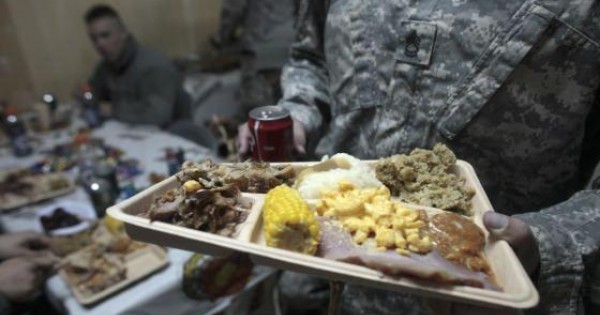
WARDAK TRIPTYCH—I’ve seen the cook a few times, sitting in the corner at the back of the chow hall, or hanging out on the porch across from the command center. It is hard to miss her, because she’s one of three women on the base. Our eyes are pulled toward her, toward any woman who appears in this hard male diorama. She is thin, brown-haired, and she stands in her uniform with a slight stoop, the self-conscious shrug of tall girls. They call her by her last name. I never learn her first name. First names are rarely used, as if to conserve their power, as if they had been left at the door, like clothing worn outside only.
One morning I come late to breakfast and she says in a small voice would you like an omelet, sir, I’ve got mushrooms this morning, and I say no thanks and eat cereal. Most mornings I am here she is up early, cooking omelets to order for the soldiers, listing what she has that is fresh or different or, simply, available. All I got is ham today. It is a powerful thing, being a cook. Food is morale. The men may hate her, if she is lazy or bad. Prove herself, and they will love her and sing of her at other bases like a character from myth. They will talk of her to set themselves apart, to make their base or their unit or their mission distinct, as if she made them better. She will be a hero or a villain, depending.
As I write I think of my own kitchen a long time ago and the things I didn’t know. How food was morale even then, just as preparing it and sponging the dishes were ways of talking. But what did I know of that?
She is not pretty, not immediately. Few soldiers are, of either gender, when in uniform. The cut and the camouflage are about as sexual as a hospital gown. And this is not unconsidered. Sex is forbidden by military orders. Libido must be buried during the year-long deployments, or it must surface in other ways. It takes imagination, but you can get there, no problem. There are countless paths to sex when you have the eternity of war. Here, sex is insurgency.
One afternoon I find the cook sitting on the porch near the command center. Her long legs hang over the edge as if it were a dock by the side of a lake, her rifle beside her, almost forgotten, like the towel a chef throws over his shoulder or the thermometer a doctor carries in his pocket. Ignored until essential. Generators hum behind us and above the sky is white oblivion.
“What are you up to, specialist?” I ask.
“I’m trying to think of what I’ll make for dinner,” she says. “You didn’t eat the hamburgers today. You don’t like them?”
I sit and we talk for a while, trading questions. She asks about my job, how much I travel. She was born in southern California, but now lives in northern California. A change of countries, almost. I can see her walking the landscape in her mind.
“I just got a note on Facebook,” she says. “My friends had a beach day.”
She drifts to the beach and then returns. I wonder if she tasted salt.
“So, you have kids?” she asks.
“No.”
“Must be tough having a relationship. With a job like yours.”
“Yeah, sometimes. I bet it’s tough for you all, too.”
“Mmmhm,” she says. “Yeah, you know, you think you meet a nice guy, and then you find out over Facebook that … it’s all over.”
She gives a small laugh and her days unspool before me. A common story, but the kind we shrink from. We don’t want to hear too much.
“How old are you?” she asks, and then guesses correctly. It bothers me, and I am surprised by my vanity.
“I guess it’s a lame age,” I say.
“Why?”
“Nothing happens. You don’t get anything. Don’t get to vote, don’t get to drink.”
She smiles and it spreads into a laugh and she is beautiful. “Well, you might get something.”
She holds up her hands. “It all depends.”
I laugh, too, and wonder if it is an offer or just words, but probably we are both thinking of other things. She is 42. It is unusual for her to be so junior in rank at that age; she must have joined up late. I try to imagine her story. In the eyes of the man-boys she feeds, most of them not quite 25, she is a mother’s age, almost elderly. A lifetime between them.
She crooks a leg and pulls it in with laced fingers. She looks up and says, “I think it’s a fine age.”

